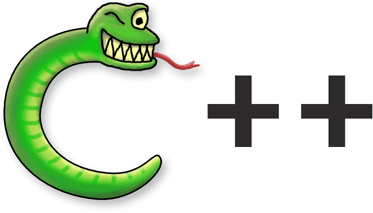 A nice article pointing out similarities between modern C++ and Python:
A nice article pointing out similarities between modern C++ and Python:
C++ Has Become More Pythonic
by Jeff Preshing
From the article:
C++ has changed a lot in recent years. The last two revisions, C++11 and C++14, introduce so many new features that, in the words of Bjarne Stroustrup, “It feels like a new language.”
It’s true. Modern C++ lends itself to a whole new style of programming – and you can’t help but feel Python’s influence on this new style. Ranged-based for loops, type deduction, vector and map initializers, lambda expressions. The more you explore modern C++, the more you find Python’s fingerprints all over it.
Was Python a direct influence on modern C++? Or did Python simply adopt a few common idioms before C++ got around to it? You be the judge...

Add a Comment
Comments are closed.